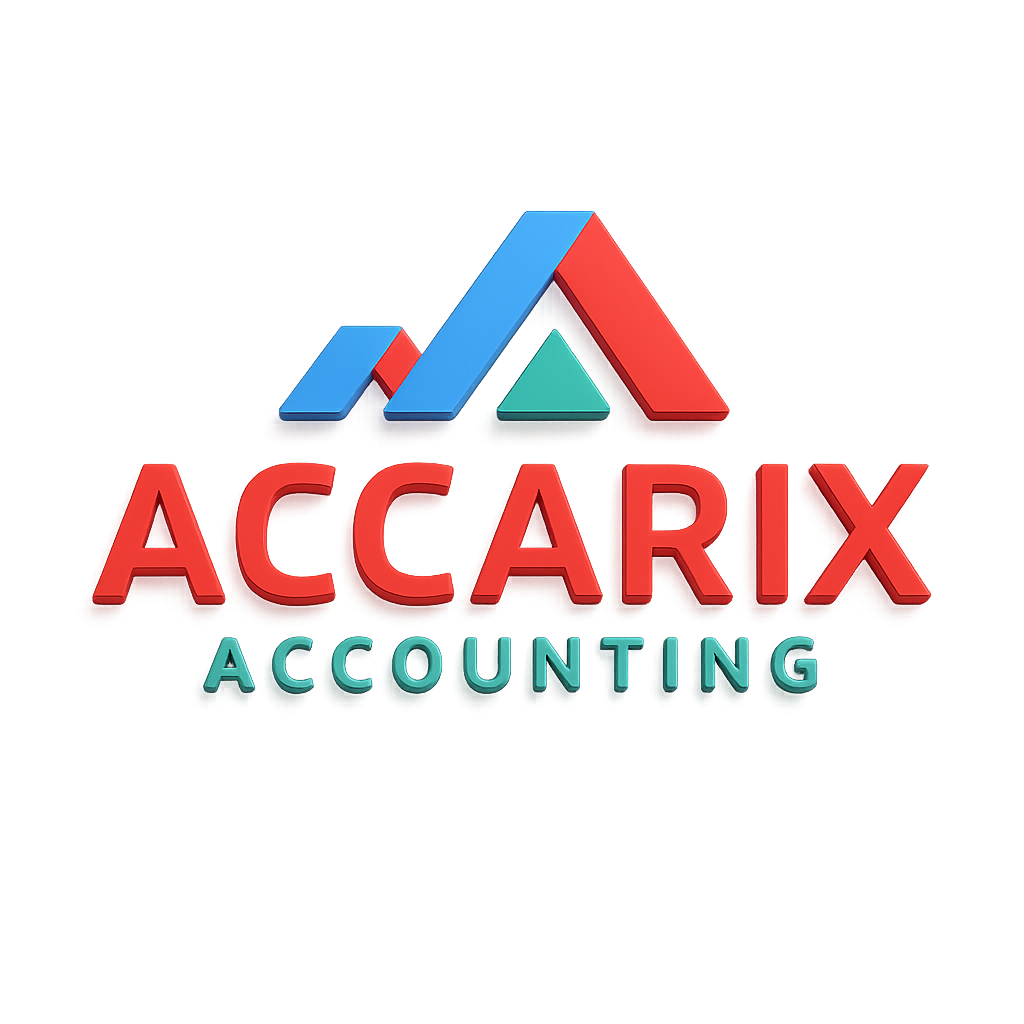In the fast-moving world of transportation and logistics, staying on top of cash flow can be just as important as staying on schedule. With high fuel costs, vehicle maintenance, tolls, and driver pay, money often goes out long before it comes in. That’s why having a solid grip on finances is essential for trucking companies, freight brokers, and independent owner-operators. I help clients in this industry simplify their finances so they can focus on what matters—keeping their wheels turning.
The first challenge is timing. In logistics, it’s common for payments to be delayed 30, 60, or even 90 days after a delivery. Meanwhile, fuel cards, repairs, and insurance premiums don’t wait. I work with transportation businesses to build clear, real-time cash flow forecasts. These forecasts allow business owners to plan ahead for slow periods, prioritize essential expenses, and avoid taking on unnecessary debt.
Automation can also play a big role in making freight finance easier. I help clients set up automated invoicing systems that send bills out as soon as a delivery is confirmed. When possible, I also recommend using factoring services or early payment incentives to speed up cash flow without waiting for slow-paying customers. Even something as simple as organizing expenses by category—fuel, maintenance, payroll—can give business owners a clearer picture of where their money is going and where they can cut costs.
Recordkeeping is another area where many in the logistics space fall behind. I often see receipts stuffed in glove compartments or important fuel transactions forgotten until tax season. That’s why I set up digital systems where expenses can be tracked on the go—right from a phone or tablet. This not only saves time, but also ensures that tax deductions aren’t missed and compliance is maintained. With accurate, well-organized records, financial reports become a tool—not a chore.
Managing freight finances doesn’t have to be complicated. With the right systems in place, transportation professionals can gain control over their money, reduce stress, and focus on running efficient operations. I take pride in supporting logistics businesses by making finance simple, smart, and stress-free—no matter the size of the fleet.




